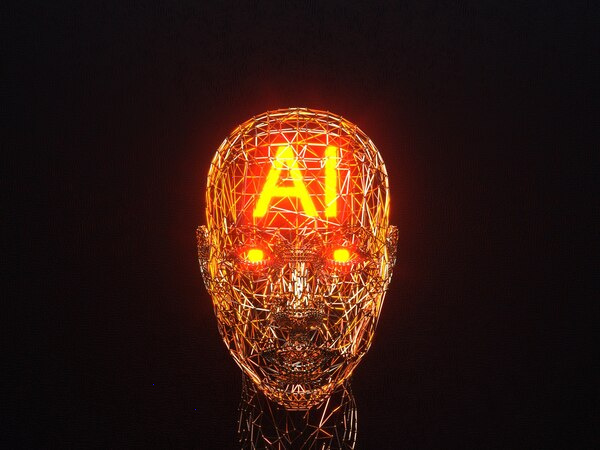Leveraging AI to Transform Industries - The Global AI Impact
Leveraging AI to Transform Industries - The Global AI Impact
Artificial Intelligence (AI) is no longer just a futuristic concept; it's a transformative force that is reshaping industries and revolutionizing the way we live and work. From healthcare and finance to manufacturing and transportation, AI is driving innovation, improving efficiency, and changing the landscape of businesses worldwide. The global impact of AI is profound, and as technology continues to advance, its influence is only expected to grow.
One of the key areas where AI is making a significant impact is in healthcare. Medical professionals are harnessing the power of AI to make more accurate diagnoses, personalize treatment plans, and streamline administrative processes. With the help of machine learning algorithms, healthcare providers can analyze large volumes of patient data to identify patterns and predict potential health risks. AI-powered tools are also being used to develop new drugs, improve medical imaging, and optimize hospital operations, ultimately leading to better patient outcomes and reduced healthcare costs.

In the finance industry, AI is revolutionizing how businesses manage their operations, analyze data, and engage with customers. Financial institutions are using AI-powered chatbots and virtual assistants to enhance customer service, provide personalized financial advice, and automate routine transactions. AI algorithms are also playing a crucial role in fraud detection, risk assessment, and investment portfolio management. By leveraging AI, banks and financial firms can gain valuable insights, mitigate risks, and deliver more efficient and secure financial services.
The manufacturing sector is also undergoing a profound transformation through the integration of AI technologies. AI-driven automation is revolutionizing production processes, enabling manufacturers to optimize supply chain management, improve product quality, and enhance operational efficiency. With the help of AI-powered predictive maintenance, manufacturers can anticipate equipment failures, minimize downtime, and reduce maintenance costs. Additionally, AI-enabled robots and cobots are being utilized to perform complex tasks, accelerate production lines, and ensure workplace safety.
Furthermore, the transportation industry is leveraging AI to enhance operational efficiency, improve safety, and drive innovation. Smart transportation systems are using AI to optimize traffic flow, reduce congestion, and enhance the overall mobility experience. Autonomous vehicles, powered by AI algorithms, are poised to revolutionize the way people and goods are transported, offering potential benefits such as reduced accidents, lower emissions, and increased accessibility.
As the impact of AI continues to unfold across diverse industries, it's evident that the opportunities and challenges associated with this transformative technology are significant. Businesses and policymakers must navigate ethical considerations, data privacy concerns, and the potential impact of AI on the workforce. Additionally, there is a growing need for collaboration and investment in AI research and development to ensure that its deployment aligns with societal values and priorities.
In conclusion, the global impact of AI is far-reaching, with the potential to drive positive change and unlock new opportunities across industries. By harnessing the power of AI, businesses can enhance their competitiveness, deliver innovative solutions, and address complex challenges. With thoughtful implementation and strategic utilization, AI has the potential to revolutionize industries and improve the quality of life for people around the world.